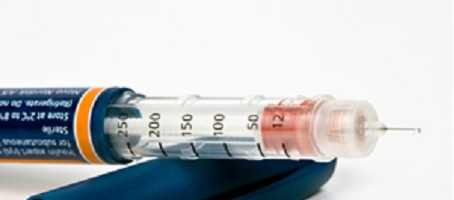A dose of glucose (known as a hyperglycaemic load) results in beta cell function that compensates for insulin sensitivity normally lost in older men with kidney dysfunction.
Researchers at Karolinska Institutet, Stockholm, Swede, investigated insulin release and glucose tolerance across levels of kidney function.
1,015 Swedish men aged between 70 and 71 were investigated from the Uppsala Longitudinal Study of Adult Men. None of the men had diabetes.
Insulin sensitivity, beta cell function and glucose tolerance were determined using two tests; a standardised oral glucose tolerance test (OGTT), and euglycaemic hyperinsulinemic clamp (HEGC) tests.
The OGTT test measures the body’s response to glucose, while the HEGC test assesses either how well an individual metabolizes glucose or their insulin sensitivity.
46 per cent (466 men) were observed as having moderate-advanced kidney disease, with insulin sensitivity reduced across decreasing kidney function quartiles.
After the OGTT test and following a hyperglycemic load, beta cell function was higher, while a two-hour post-load glucose tolerance did not differ across kidney function levels. Insulin release during OGTT was inversely related to kidney function, with insulin sensitivity corrected for.
The researchers concluded that the loss of insulin sensitivity that occurs in the early stages of kidney disease is compensated for by beta cell function. “Whether beta cell function is preserved also in individuals with more advanced stages of chronic kidney disease cannot be derived from this analysis and needs verification in future studies,” the researchers wrote.
What's new on the forum? ⭐️
Get our free newsletters
Stay up to date with the latest news, research and breakthroughs.






